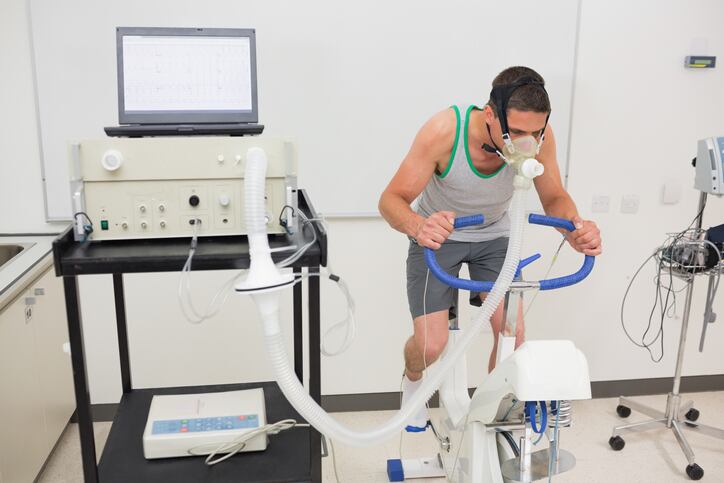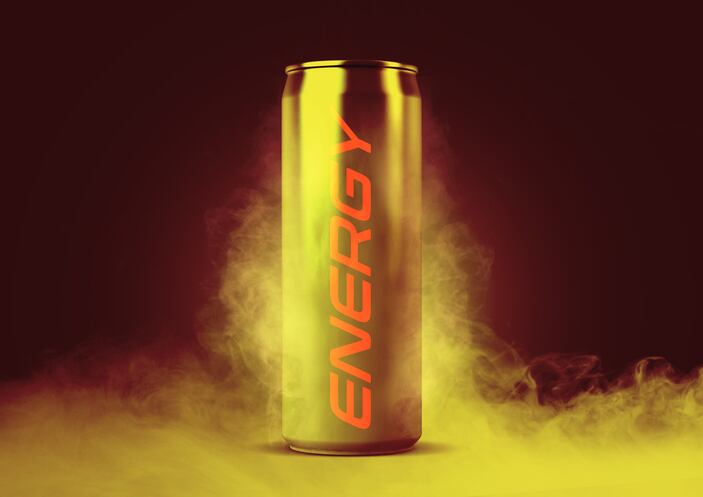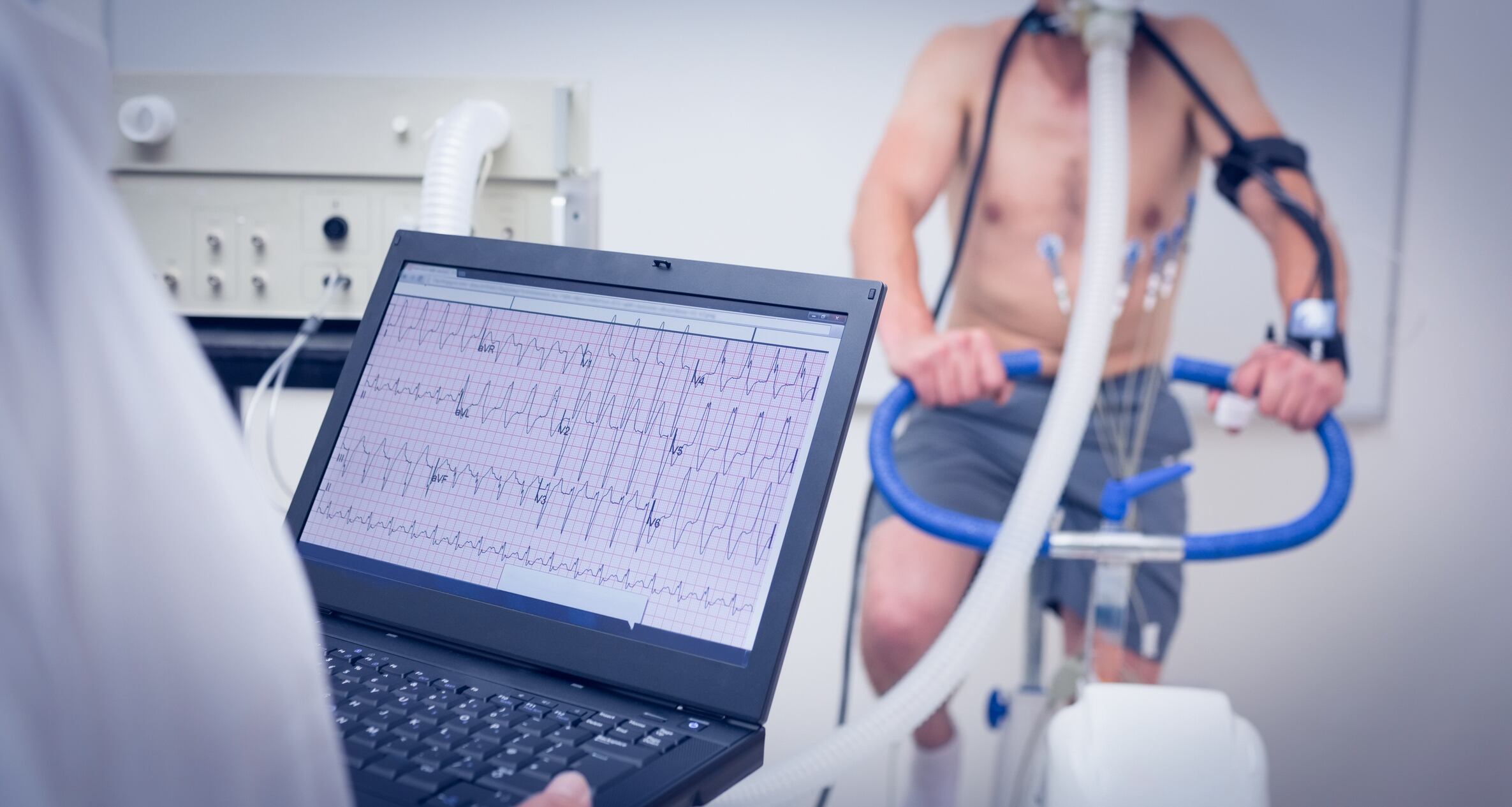The research was published in the Journal of the International Society of Sports Nutrition. The researchers examined two doses of caffeine and its effect on two measures of heart rate variability post exercise.
HRV as measurement of training effects
Heart rate variability is becoming an increasingly useful tool in measuring adaptations to training effects. The author of a 2016 review noted that, “Referring to athletes, changes in the patterns of their ANS reflected by altered HRV may serve as useful parameters for managing their physical fatigue and establishing their exercise intensity. Information regarding the extent to which the body recovers after training may provide useful data for the personalization of sports training, training loads and recovery times.”
The researchers recruited 20 healthy young men about 24 years of age who were ‘recreationally active.’ They were divided into four groups, one receiving no intervention, one getting a placebo, and two groups receiving either a low (3mg/kg of body weight) or high dose (6mg/kg) of caffeine.
The Iranian researchers had their subjects perform a Wingate cycling test on six separate occasions. Blood samples to measure for blood lactate levels as well as HRV measurements were taken, then the test materials were ingested. After 45 minutes another blood draw and HRV measurements were conducted. During the test itself the subjects warmed up for 5 minutes on a cycling ergometer followed by a 30 second sprint at the highest cadence they could maintain.
The participants were encouraged to keep a high cadence but were given no information about how long the sprint session still had to run as it was going on. Another set of blood and heart rate measurements were made at 5 minutes and 35 minutes post exercise.
Caffeine found to aid in nervous system recovery
The results showed that the caffeine groups exhibited a statistically significant effect on parasympathetic and global HRV.
“Caffeine ingestion increases resting cardiac autonomic modulation and accelerates post-exercise autonomic recovery after a bout of anaerobic exercise in recreationally active young men. However, no differences between caffeine doses on cardiac autonomic reactivity were observed,” the authors concluded.
The finding could have implications for the use of caffeine to manage recovery as well as to boost performance during an event itself. The author of the 2016 review noted that, “[T]he ultra-short-term HRV measurement method, demanding only 1 min of data acquisition after the stabilization period, may arguably improve the practicality of cardiac autonomic activity monitoring on a daily basis. This is relevant because the optimization of recovery requires the monitoring of HRV following workouts, which is crucial for the prevention of the extreme accumulation of physical fatigue during preparation or competition.”
Source: Journal of the International Society of Sports Nutrition
17, Article number: 44 (2020)
The effects of varying doses of caffeine on cardiac parasympathetic reactivation following an acute bout of anaerobic exercise in recreational athletes
Authors: Sarshin A, et al.
Source: Experimental and Therapeutic Medicine
2016 May; 11(5): 1531–1536.
The role of heart rate variability in sports physiology
Author: Jin-Guo Dong




